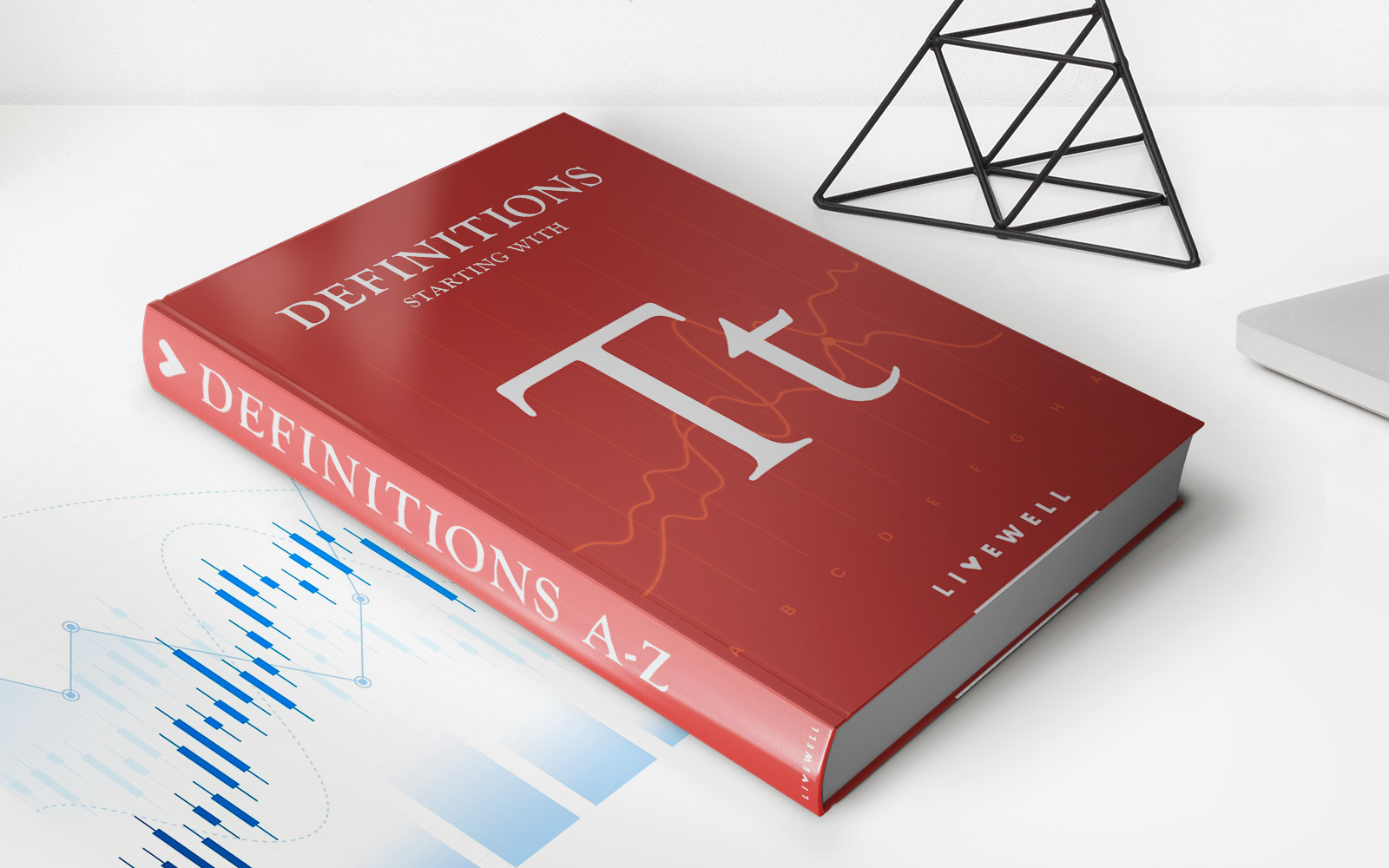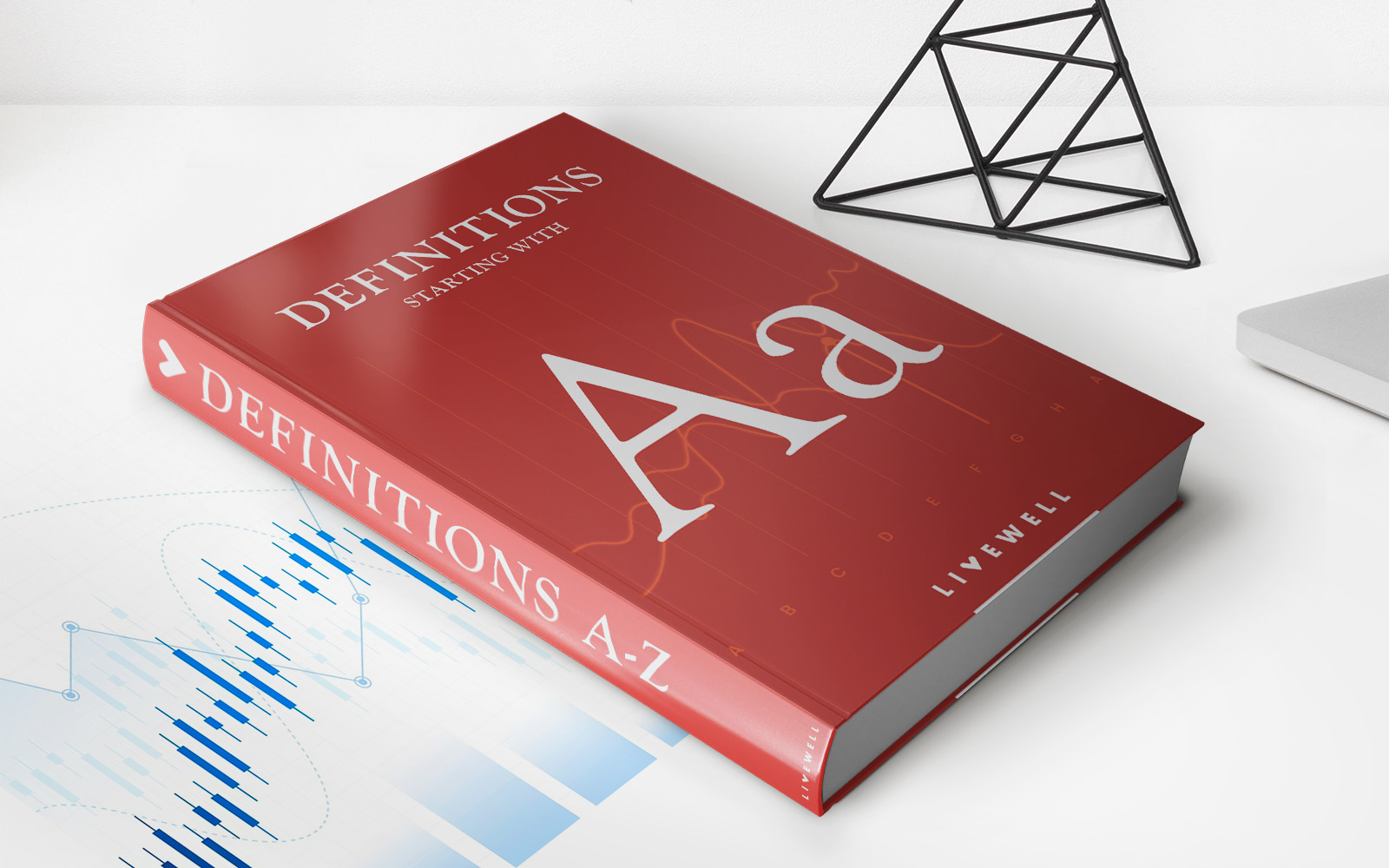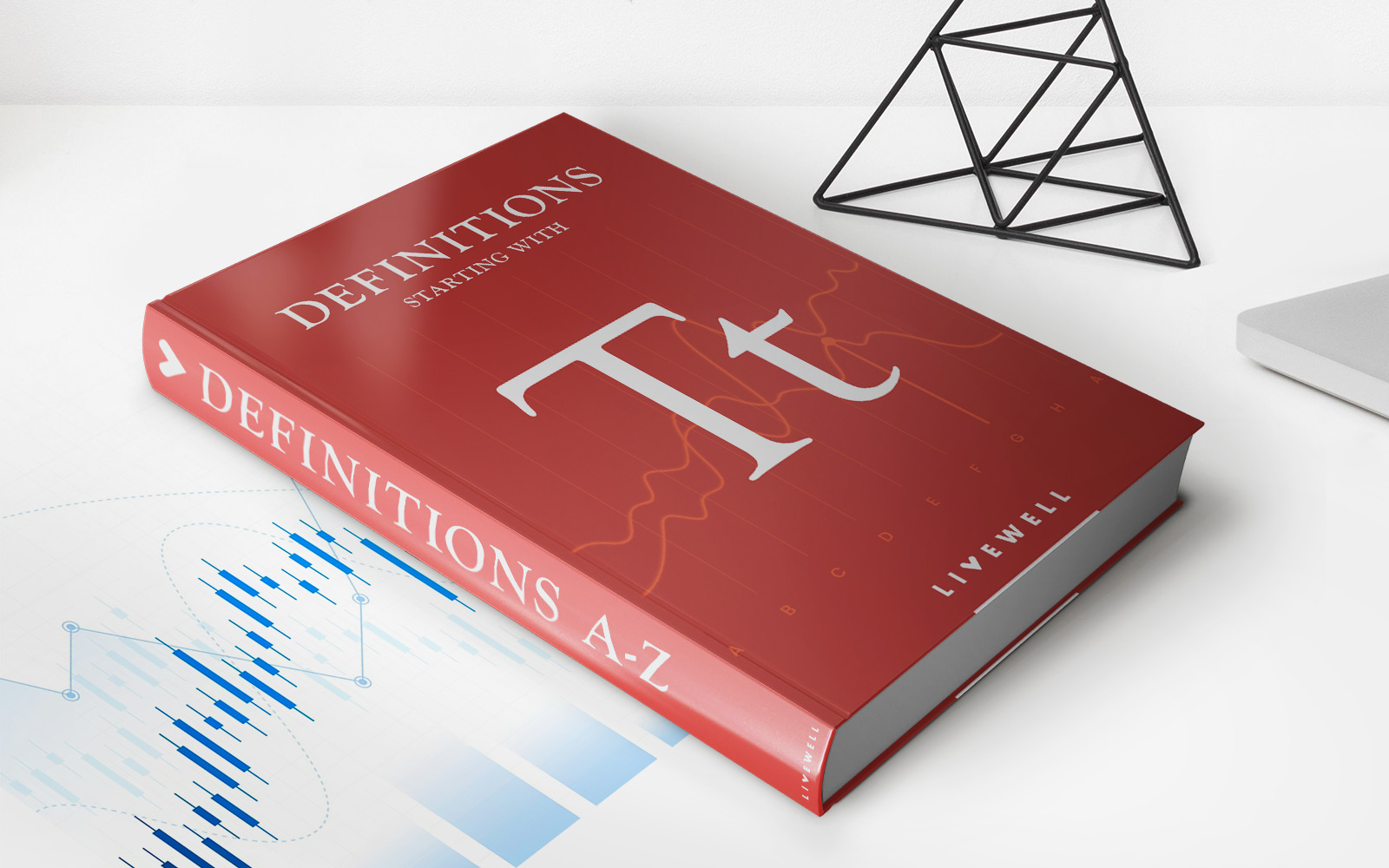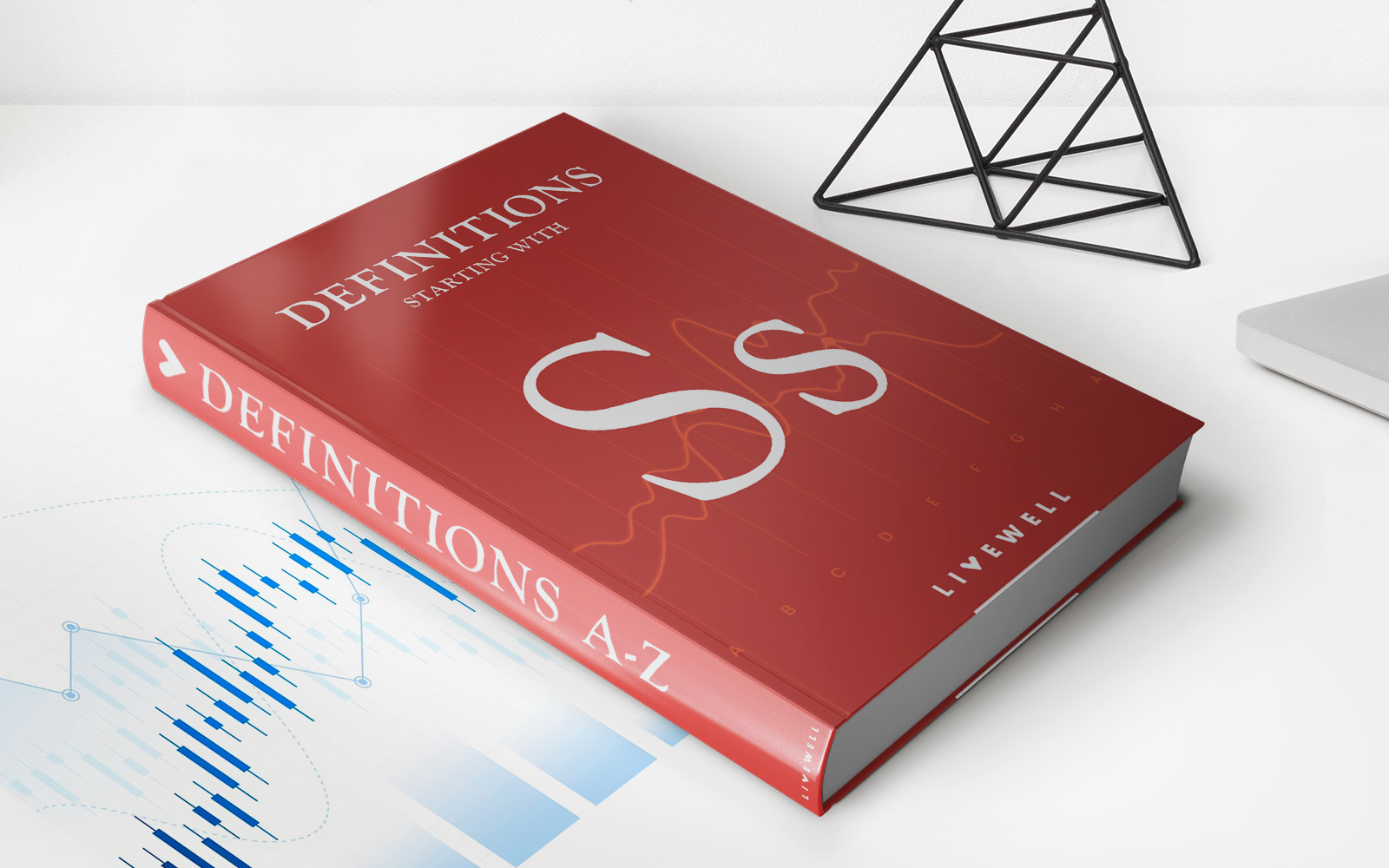Home>Finance>Block Trade: Definition, How It Works, And Example


Finance
Block Trade: Definition, How It Works, And Example
Published: October 17, 2023
Discover the ins and outs of block trades in the world of finance. Learn their definition, how they work, and explore a real-life example.
(Many of the links in this article redirect to a specific reviewed product. Your purchase of these products through affiliate links helps to generate commission for LiveWell, at no extra cost. Learn more)
Block Trade: Definition, How It Works, and Example
Finance can be a complex world with various terms and concepts that can often leave individuals feeling bewildered. One such term that may have caught your attention is “block trade.” In this blog post, we will break down the definition of block trade, explore how it works, and provide an example to help illustrate its usage.
Key Takeaways:
- Block trades are large transactions of stocks or bonds that are executed off the regular market exchanges.
- These trades typically involve institutional investors, such as pension funds or mutual funds, and are conducted privately.
What is a Block Trade?
A block trade refers to the purchase or sale of a large quantity of stocks, bonds, or other financial instruments that is executed outside the regular market exchanges. Unlike regular trades that occur on public exchanges such as the New York Stock Exchange or NASDAQ, block trades are privately negotiated and usually involve institutional investors such as pension funds, mutual funds, or hedge funds.
These large transactions are often executed in a single trade, which is why they are referred to as “block” trades. The size of a block trade can vary depending on the market and the specific financial instrument; however, they typically involve a minimum threshold of shares or a certain dollar value. For example, a block trade in the stock market may involve the purchase or sale of 10,000 shares or more.
How Does a Block Trade Work?
Block trades are typically facilitated by block traders who act as intermediaries between the buyer and seller. These specialized traders have access to a network of institutional investors, allowing them to match buyers and sellers for large quantity transactions.
When an institutional investor wishes to execute a block trade, they will contact a block trader who will seek out potential counterparties to complete the transaction. Once the buyer and seller agree on the terms, the block trade is executed, usually at a price negotiated privately between the parties involved.
One key advantage of block trades is that they allow institutional investors to execute large transactions efficiently, minimizing the impact of their trades on the public market. By conducting these trades privately, institutional investors can avoid the potential market disruption that could occur if the transaction were executed on the public exchanges.
Example of a Block Trade
Let’s consider an example to illustrate how a block trade works. Imagine a pension fund that wants to purchase a large quantity of shares in a specific company. Rather than executing this transaction on the public exchanges, the pension fund contacts a block trader.
The block trader then reaches out to potential sellers, such as mutual funds or other institutional investors, to find someone willing to sell the desired quantity of shares. Once a seller is found and both parties agree on the terms, the block trade is executed. The price of the shares may be negotiated privately between the pension fund and the seller, ensuring the transaction remains confidential.
By utilizing a block trade, the pension fund can efficiently acquire the desired shares without adversely affecting the market price of the stock. This allows the investor to maintain a favorable position, especially when executing large transactions that could potentially impact the market if carried out on a public exchange.
Conclusion
Block trades play a crucial role in the financial markets, allowing institutional investors to efficiently execute large transactions without disrupting the public exchanges. Through privately negotiated transactions, institutional investors can acquire or sell large quantities of stocks, bonds, or other financial instruments while minimizing their impact on the market. As you navigate the world of finance, understanding the concept of block trades can provide you with valuable insights into market dynamics and the strategies employed by institutional investors.














